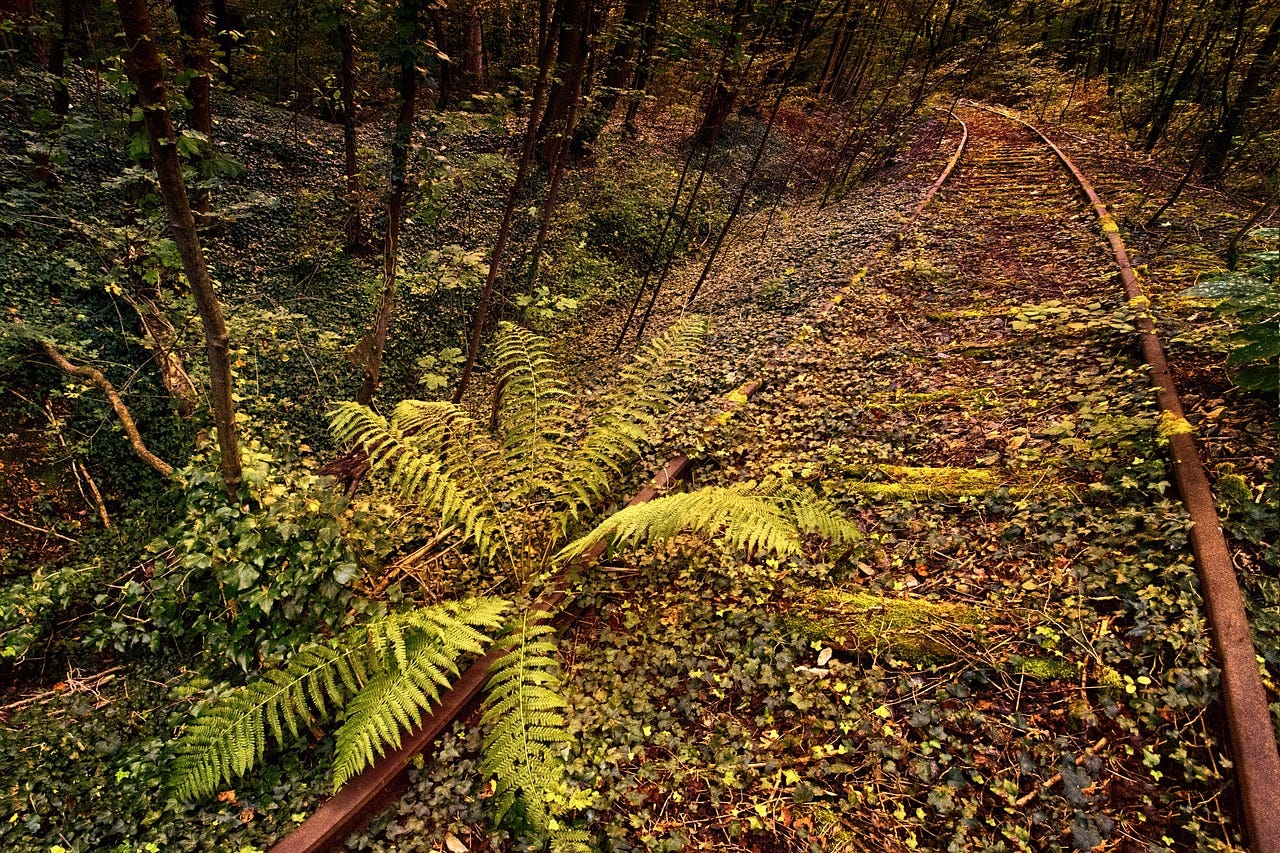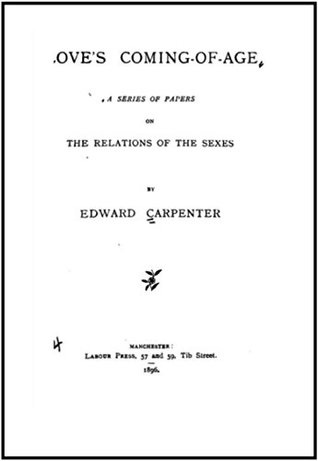034: It’s a Between Thing
Hello friends,
I’ve been in a strange in-between mental headspace lately. Blame it on Mercury in retrograde, on the world slowly returning to normal, on the June Gloom that has settled over Los Angeles like an itchy blanket. Wherever the blame falls, it doesn’t change the way I’ve felt like a cicada half out of its exoskeleton; emerging, but not emerged, possibly stuck or possibly about to break free.
(Are we not ready for cutesy self-transformational jokes about the cicadas yet? Okay, okay, my bad.)
This morning I’m drinking very bad coffee that I’ve dumped a bunch of sugar into, so let’s get cracking.
The best self-improvement move I ever made was applying for grad school.
Maybe that’s not a common feeling. Grad school applications can be draining, tedious, and expensive. They take hours to fill out, and since most universities ask the same basic questions, they’re a bit mind-numbing on top of it.
But for each application, there are essay sections where applicants have to write about things like their current career, why they want to continue their education at that school, what their research interests are, what they are hoping to gain from that school’s professors/research facilities/program specifically, and more. When I was applying, each application’s combination of these questions was just different enough that I couldn’t just use the same essay a half dozen times; I had to write a new set of essays or each school.
I suspect most people hate this.
And at the time, I didn’t love it. It was really difficult for me to drill down into what I wanted from each school, what drew me to those specific programs. The true answers were something like, “I want a new start.” Or, “I screwed up my life after undergrad, I need another shot.” But those answers don’t really work for grad schools; its not a Clean Slate Academy. Plus, there was more—why literature or history, why not sociology or psychology?
When I was applying in 2015, the moment felt a little like I feel now. My mind felt like a sieve, but maybe one that wasn’t the right size for the task at hand. The transitional state of my life then—temporarily living with my parents again, feeling pulled to Paris but having no idea how to move there—made me feel like I was trying to hold too many identities within my skin. The girl I was in high school still lived in my bedroom, who I’d grown into in college was still in the boxes I’d dropped off before I moved to DC, and that woman from DC was there trying to pick up the pieces and move forward.
I feel a little like that again right now. COVID ripped out the life path I had start to pave for myself in early 2020. The next 14 months forced me to try out new directions, which was great in some ways; but now I feel a little like I’m staring down at a beautiful but overgrown garden and trying to figure out what the pull out so that everything doesn’t end up strangled.
What I loved about applying for graduate school was that having to repeatedly write essays about who I am, what I want to research, and where I see myself going also meant that I had to drill down into that. I had to get rid of the superfluous fluffy interests that were a distraction from my real focus. I had to simplify and purify a little. It gave me focus.
Now, six years later, I’m starting to feel unfocused again.
Part of me is tempted to apply for grad school again, but a bigger part of me knows I don’t actually want a PhD. I want the clarity I had back then. I want to feel that all-encompassing passion again. I want to feel in the middle of something, not in between things.
Now Reading
At around 130 pages, Love’s Coming-of-Age by Edward Carpenter is more pamphlet than a full book. Or maybe it’s a booklet—this is one of the fun things you get in your head about when you study literature, by the way. When does a short story become a novella? When does a novella become a novel? When do you sound like a complete ass asking these questions?
Carpenter was a Victorian Era sexologist, someone whose work both thrilled and horrified Victorian audiences. This particular book is largely a sociological study of gender roles in the Victorian Era, alongside several suggestions for improvements to sexual education and predictions of how society’s views of sex and gender would evolve. Some of it is prescient—he predicts an acceptance of a variety of genders and sexualities, greater equality for women, and a growing movement to ameliorate some of the struggles of monogamy. Other parts are annoyingly misogynistic and mired in medical science that was too obsessed with its own early social role to think beyond the confines of the culture it had sprouted up in.
Obviously, I picked it up for my research. It’s fascinating nonetheless though. If you’ve ever been interested in the early history of our understanding of gender versus sex and the many facets of sexuality, Carpenter is a good place to start.
I’m picking this month’s Dear Dorothy question soon. If you’d like to submit a question to this distinguished and sweary advice column, I’ve created a new form for you! This will be an easy way for you to submit your question.
As always, thank you for reading. If you want to respond just hit reply. Your message will get to me (and only me). If you liked this and think your friends might too:
If you received this email from a friend and you liked it, you can subscribe to the free series right here:
All the best, dears!
Valorie



